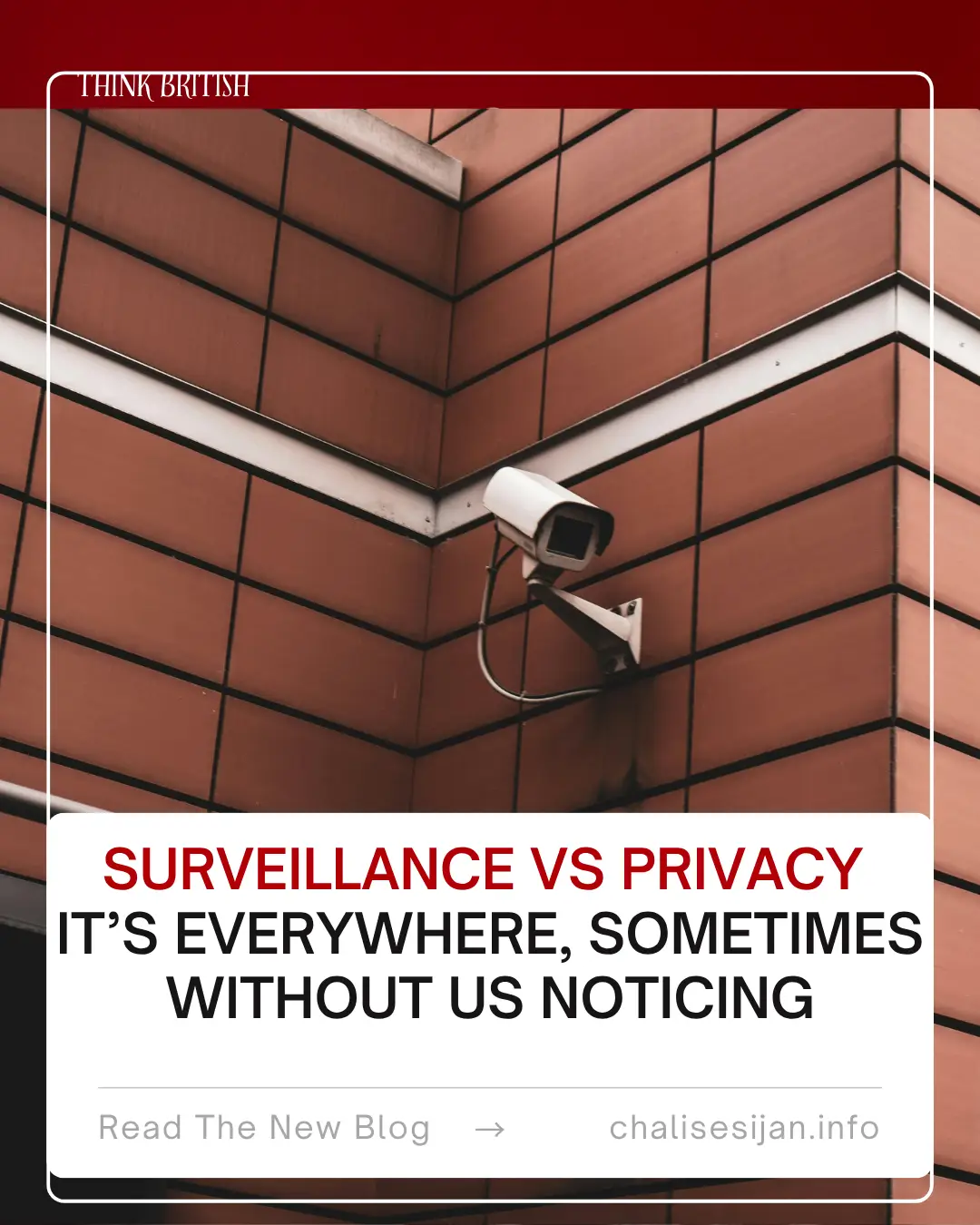Surveillance vs Privacy: Who’s Really in Control?


“Smart tech makes life easier — but at what cost to our privacy? Explore how surveillance, ethics, and law are colliding in today’s digital world.”
The Paradox of Freedom in a World That’s Always Watching
Your smartwatch helps you stay active, but it also keeps track of where you are. Your AI assistant makes managing your day easier, but it listens in on more than your commands. We’re living in an age where digital gadgets make life more convenient and give us a sense of control, yet they quietly chip away at our privacy without us realizing. As a law student fascinated by privacy, tech, and ethics, I’ve been thinking a lot about a question that affects us all: Can laws keep up with the swift growth of surveillance technology? And more importantly, what happens to our rights when they don’t?
Surveillance Today: It’s Everywhere, Sometimes Without Us Noticing
Today, surveillance isn’t just hidden — it’s often something we agree to without thinking. Apps, smart home gadgets, and online services collect tons of data, often more than we realize. The idea is usually framed around making things personalized or secure, but the line between helpful and creepy is pretty thin.
In public, facial recognition software is tracking our movements, while online, algorithms are predicting and targeting us. These tools might not seem invasive at first, but they have serious effects on our independence, fairness, and trust over the long run.
Laws and Ethical Rules Are Falling Behind

Many countries still lack solid privacy laws. Even where rules like GDPR or CCPA are in place, enforcement can be slow or inconsistent. Meanwhile, the tech that powers surveillance evolves faster than laws can keep up — often without ethical guidance. A big problem is consent. Usually, clicking “I agree” on endless terms of service is the only way to use an app or site. But can we really say we’re choosing when agreeing often just means we can’t use the service without it? This isn’t just about gaps in the law — it’s about our morals, too.
Why Ethics Need to Be at the Core of Tech Design?
Laws can take forever to change, but technology shifts in months. That’s why some experts push for “ethics by design” — building privacy and fairness into the systems from the start, instead of trying to fix problems later.
This might mean:
- Creating apps that only collect what’s necessary, not every bit of data possible
- Checking AI models for bias before they cause real harm
- Making privacy-friendly choices the default, so users don’t have to opt-in
As someone studying law, I believe it’s not just about reacting when something goes wrong — future lawyers and policymakers should think ahead and stop problems before they happen.
Reimagining the Digital Future
There are some encouraging signs, like decentralized platforms giving users more control, encrypted messaging protecting privacy, and policies that adapt quickly to new tech rather than fighting against it. But these ideas need more awareness and support from the public to really grow. Bear in mind that privacy doesn’t just disappear all at once — it slips away little by little. Restoring it takes effort from everyone, including students and up-and-coming professionals like myself.
Wrapping Up: Don’t Just Use Tech — Question It
We don’t have to accept a future where everyone’s being watched all the time and privacy becomes a luxury. The tools we build and the rules we create can reflect our core values. But that only happens if we speak out.
You don’t need to be a lawyer or policymaker to ask tough questions. Sometimes, curiosity and concern are all it takes to spark change. As a student and someone who uses technology daily, I believe it’s up to all of us to shape a world where tech works for people, not the other way around.
